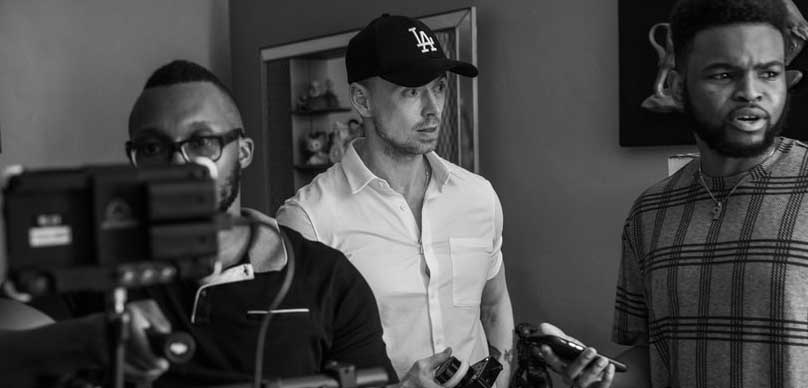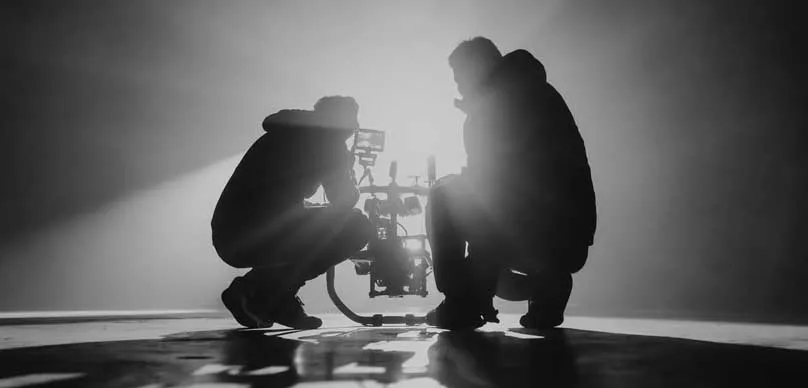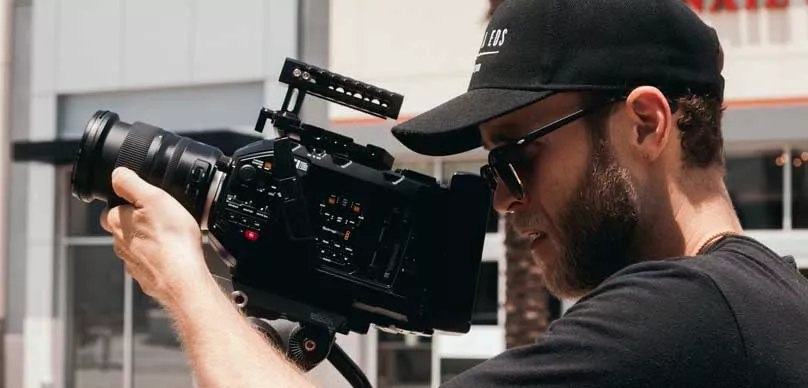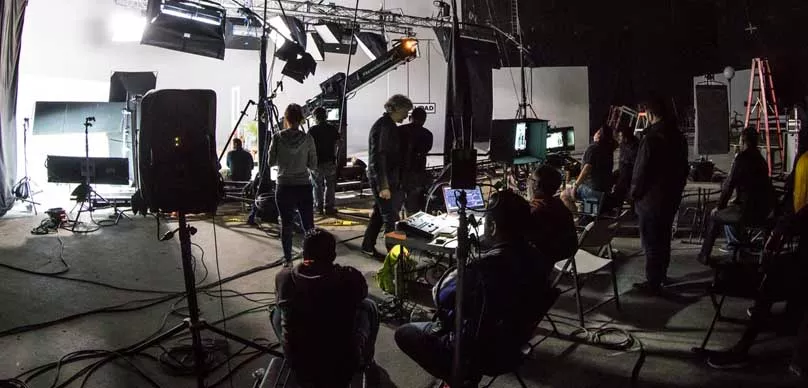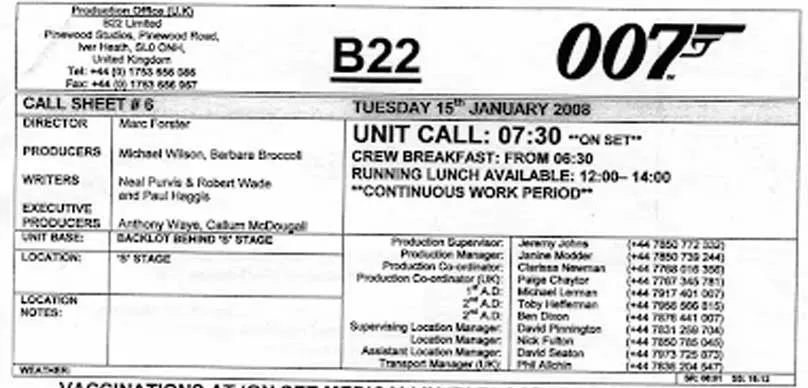In the film industry the 1st Assistant Director or “1st AD” is the driving force behind making sure a film is completed, safe and organized. Becoming an Assistant Director can be a tricky thing and becoming a member of the DGA (Directors Guild of America) even more difficult.
How do you know if being an Assistant Director is right for you?
Being an AD is tough work and sometimes one of the hardest jobs on set. It’s definitely not a job for everyone and you should evaluate whether or not it’s really a fit for you.
Here are a few factors before you consider the profession:
- Are you an organization freak?
- Are you a stickler for punctuality and timeliness?
- Do you generally love schedules, calendars, and deadlines?
- Do your friends think of you as practical and level-headed?
- Are you comfortable speaking in front of 300 people and giving direction to large crowds?
- How do you feel about standing on your feet for 14 hours a day?
- Do you love solving problems and coming up with solutions in a calm assertive manner?
- Do you handle well under pressure?
- Do you love challenges?
If the questions above don’t scare you then continue reading….
What are the paths to becoming an Assistant Director?
Path #1
Start working as a 1st AD or 2nd AD on student projects, short films, music videos for free or cheap. You will gain lots of experience, be forced to solve lots of problems, and have the ability to start building a resume with actual credits that will help you to land your first feature film as a 1st AD or 2nd AD.
Path #2
Work as a Production Assistant or “PA” for short. Now getting a job as a PA is competitive so building a good resume and maintaining key contacts is essential. You might end up working free or low-paying jobs at first.
Path #3
Apply to be a DGA Trainee. Essentially if you are one of the few chosen each year you will be enrolled in a training program that will actually secure work as a trainee and eventually membership into the guild. Trainees meet lots of great contacts and in general get the best training available.
https://www.trainingplan.org/ to apply
Path #4
Produce your own projects and then hire yourself as the 1st AD. While this may sound unconventional it is a path that some take.
Is it important to attend film school to be an Assistant Director?
Yes and No.
I know ADs who attended film school and those who skipped it all together. I personally went the film school route and believe it certainly helped me in some areas. I do think that a majority of what I have learned as an AD has been in the trenches doing the job and learning from other ADs and Producers. If you want to eventually director or produce, then film school definitely has its advantages and value that can be difficult to learn on set.
Where should I live if I want to break into the industry and work as an AD or PA?
Pick a state that has good tax incentives or consider a large market such as Los Angeles or Atlanta, or New York.
If you want to be a big fish in a small pond consider a state such as Kentucky or Louisiana.
Check out this interactive map that will show you what the current incentives are available across the US.
By living in a state with high tax incentives you are increasing your chances of finding work even though this is not always the case. Some producers may choose to film in a state with no incentives just because they have access to certain locations or crew in that state.
What tools should I have if I want to be an AD?
Having the right tools and equipment will help you to be successful onset. Yes, it can be expensive when you first start out, but not having the right tools can cost you a lot more in the long run.
What skills should I learn to be an Assistant Director?
- Learn how to schedule a film. You must buy/own. You can watch these useful tutorial videos on Youtube (see video below), take an EP training class, or find an AD who can show you the ropes with MMS.
- Understand scene blocking, the line, and general directing basics. Consider taking the Master Class with Ron Howard or a workshop on Directing basics.
- Know how to update a script and show a first-time Director how to update a script using Final Draft. Good knowledge of script colors, revisions mode, and how to update scene numbers is essential.
- Know the ins and outs of creating a great call sheet.
- Understand how to run a production mtg / page turn and a tech scout.
- Know how to creatively set and run background action so that it looks realistic.
- As an Assistant Director, you are essentially a leader on set. Read as many leadership books as you can and even consider attending leadership or business seminars from time to time.
What resources are out there to learn more about Assistant Directing?
- Liz Gill’s book.
- PA Boot Camp is a great training event that will give you the essential tools to being a PA which can be a great path to being an AD.
Brandon Riley is the President of Radiant First Productions where he develops and produces Film/TV projects. Having worked on more than 30+ movies as a Line Producer / UPM or AD, and as a member of both the PGA and DGA, Brandon brings a wealth of knowledge to any set. Brandon is the author of and runs a blog called assistantdirecting.com.

